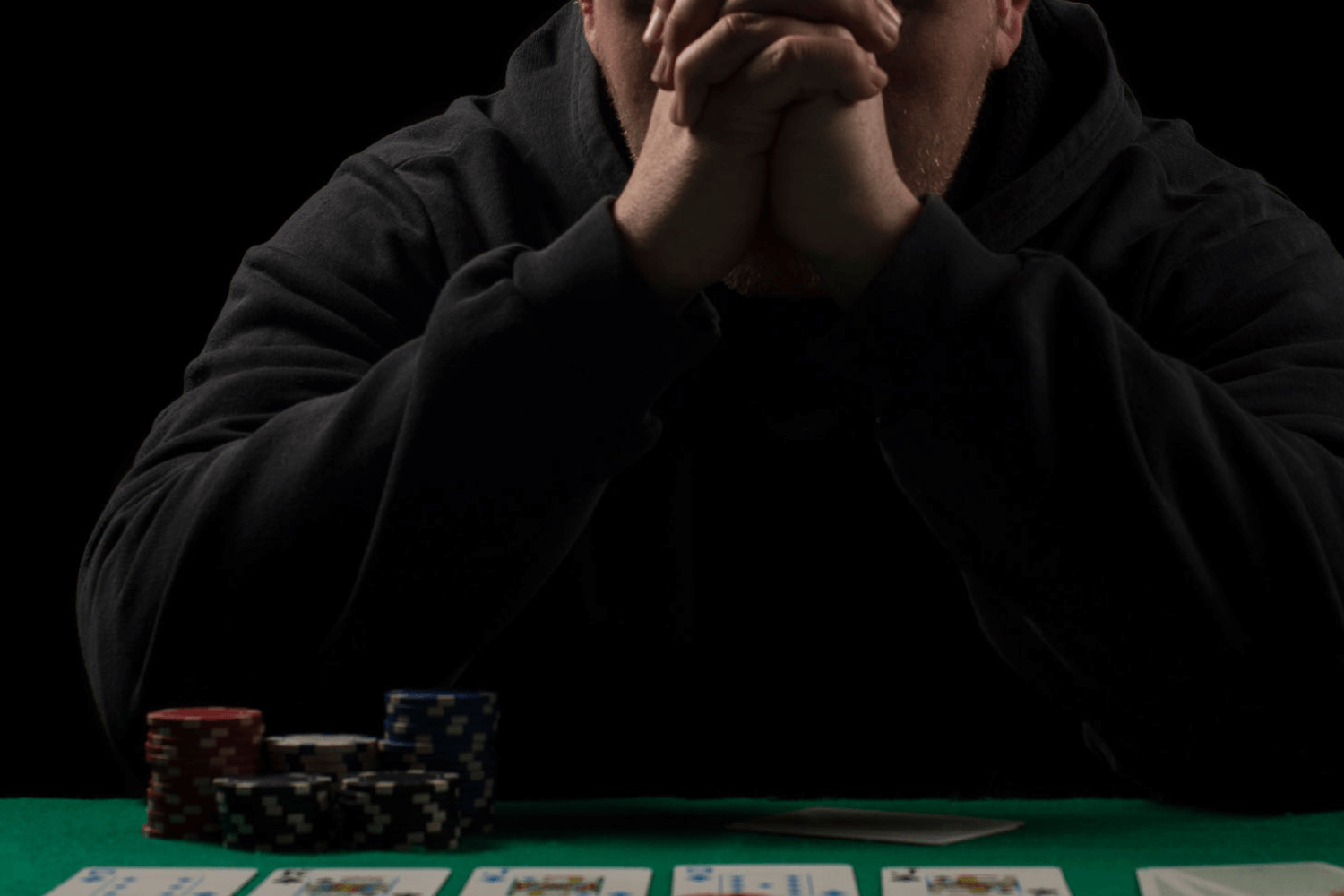Same Day, Weekend, and Evening Appointments Available!

Gambling addiction, also known as problem gambling or compulsive gambling, is a behavioral disorder characterized by the uncontrollable urge to gamble, even when it has negative consequences for the individual and their loved ones. In this post from the Louis Laves-Webb, LCSW, LPC-S & Associates blog, we will discuss the common reasons behind gambling addiction, the negative outcomes it can have, and the treatment methods available to help overcome this compulsion.
As with other types of addiction, numerous factors can contribute to an individual developing a gambling addiction. Some of the most prevalent reasons for developing gambling addiction encompass but are not restricted to:
For many individuals, gambling can provide a temporary escape from feelings of stress, depression, or anxiety. The excitement and adrenaline rush associated with gambling can act as a distraction from emotional pain or daily life pressures.
Peer pressure and societal acceptance of gambling as a form of entertainment can contribute to the development of gambling addiction. Exposure to friends or family members who gamble or to a culture that glorifies gambling can lead to an unhealthy fixation on gambling activities.
Some individuals may develop distorted beliefs about their ability to control the outcomes of gambling activities or their chances of winning. These cognitive distortions can fuel an irrational optimism and an addictive pattern of gambling behavior.
Studies have shown that certain genetic and neurochemical factors can predispose an individual to develop a gambling addiction. The release of dopamine during gambling activities can create a pleasurable sensation, which the brain seeks to experience repeatedly.
Gambling addiction can result in various adverse consequences that can leave a lasting effect on the individual grappling with the addiction, as well as their connections with family and friends.
Compulsive gambling can lead to severe financial problems, including debt, bankruptcy, and the loss of personal assets. The financial strain can also impact the individual's family and relationships.
Gambling addiction can strain personal relationships, as the addicted individual may prioritize gambling over their loved ones, lie about their gambling activities or even steal money to support their habit.
The emotional rollercoaster associated with gambling addiction can exacerbate existing mental health issues or contribute to the development of new ones, such as anxiety, depression, or mood disorders.
Individuals struggling with a gambling addiction may engage in illegal activities to fund their gambling habit or to cover up their gambling-related debts, which can result in criminal charges and legal consequences.
As gambling addiction consumes an individual's time, energy, and resources, they may experience a decline in overall life satisfaction and a sense of lost opportunities.
At Louis Laves-Webb, LCSW, LPC-S & Associates, we have successfully supported numerous individuals in successfully coping with and overcoming process or behavioral addictions in Austin, TX, including gambling addiction, with the assistance of our dedicated team of therapists and addiction counselors. Some of the treatment approaches that we've employed or suggested for addressing gambling addiction have consisted of:
Cognitive-behavioral therapy (CBT) is particularly effective in treating gambling addiction, as it addresses the cognitive distortions and irrational beliefs that drive compulsive gambling behavior. Other therapies, such as psychodynamic therapy or motivational interviewing, can also help individuals understand and overcome their addiction.
Joining a support group, such as Gamblers Anonymous, can provide individuals with a sense of community and accountability. Sharing experiences and receiving encouragement from others who have faced similar challenges can be a vital component of the recovery process.
In some severe cases, medications may be prescribed to help manage the symptoms of co-occurring mental health issues, such as anxiety or depression, which can contribute to gambling addiction.
Working with a financial counselor can help individuals address the financial consequences of their gambling addiction, develop a plan for debt repayment, and establish healthier financial habits.
Developing strategies for self-control and setting limits on gambling activities can be helpful in managing gambling addiction. Many jurisdictions offer self-exclusion programs that allow individuals to voluntarily ban themselves from gambling establishments or online gambling sites.
Gambling addiction is a complex and challenging issue that can have far-reaching consequences on an individual's emotional, psychological, and social well-being. By understanding the common reasons behind gambling addiction and the negative outcomes it can have, individuals and their loved ones can better recognize the signs and take appropriate action. With the help of professional treatment methods, such as therapy, support groups, medication, and financial counseling, individuals struggling with gambling addiction can work towards recovery and regain control over their lives.
At Louis Laves-Webb, LCSW, LPC-S & Associates, our team is well-versed in the multiple facets of diagnosing and treating gambling addiction. From addressing past setbacks or family history to understanding and managing anxiety related to gambling, the therapists at Louis Laves-Webb, LCSW, LPC-S & Associates will develop a personalized treatment plan tailored to the challenges you encounter with gambling addiction on a daily basis. For process or behavioral addiction counseling in Austin, TX, Louis Laves-Webb, LCSW, LPC-S & Associates are here to assist you.